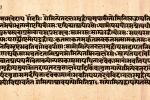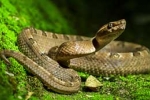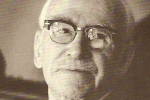Reincarnation may be defined as the return of a nonmaterial essence (soul, mind, consciousness) to another physical body after death. Reincarnation beliefs are widespread in the world today and...
Possession & Past Lives
Not all reincarnationist cultures believe that our actions in one life are punished or rewarded in another, while analysis of credible reincarnation cases shows no convincing evidence for karma.
Spontaneous ‘past life’ memories in children are often accompanied by phobias that correspond with remembered traumas, especially those that resulted in death.
Examines verified reincarnation cases collected by Ian Stevenson and other investigators that provide a scientific basis for understanding the implications of self-killing,
Universal, near-universal and culture-linked patterns can be discerned in the dataset of reincarnation cases.
Discusses criticisms of reincarnation research made by Paul Edwards, Leonard Angel, Keith Augustine and other sceptics, also non-survivalist alternatives proposed by some parapsychologists.
Looks at reincarnation cases where the intermission between lives is less than nine months, discussing when reincarnation occurs and whether such cases are better classified as possession.
A list of 33 reincarnation cases in which records were made of a subject’s memory claims before they were verified, removing any question about what subjects had said before their memories were confirmed.
The investigative reincarnation literature includes at least some specious cases. The ethereal nature of past-life memories affords great scope for fantasy-based and even fraudulent claims, made...
In some cases of spontaneous past-life memory, children recall having hidden money or other valuables in their previous lives and show where these may be found.











